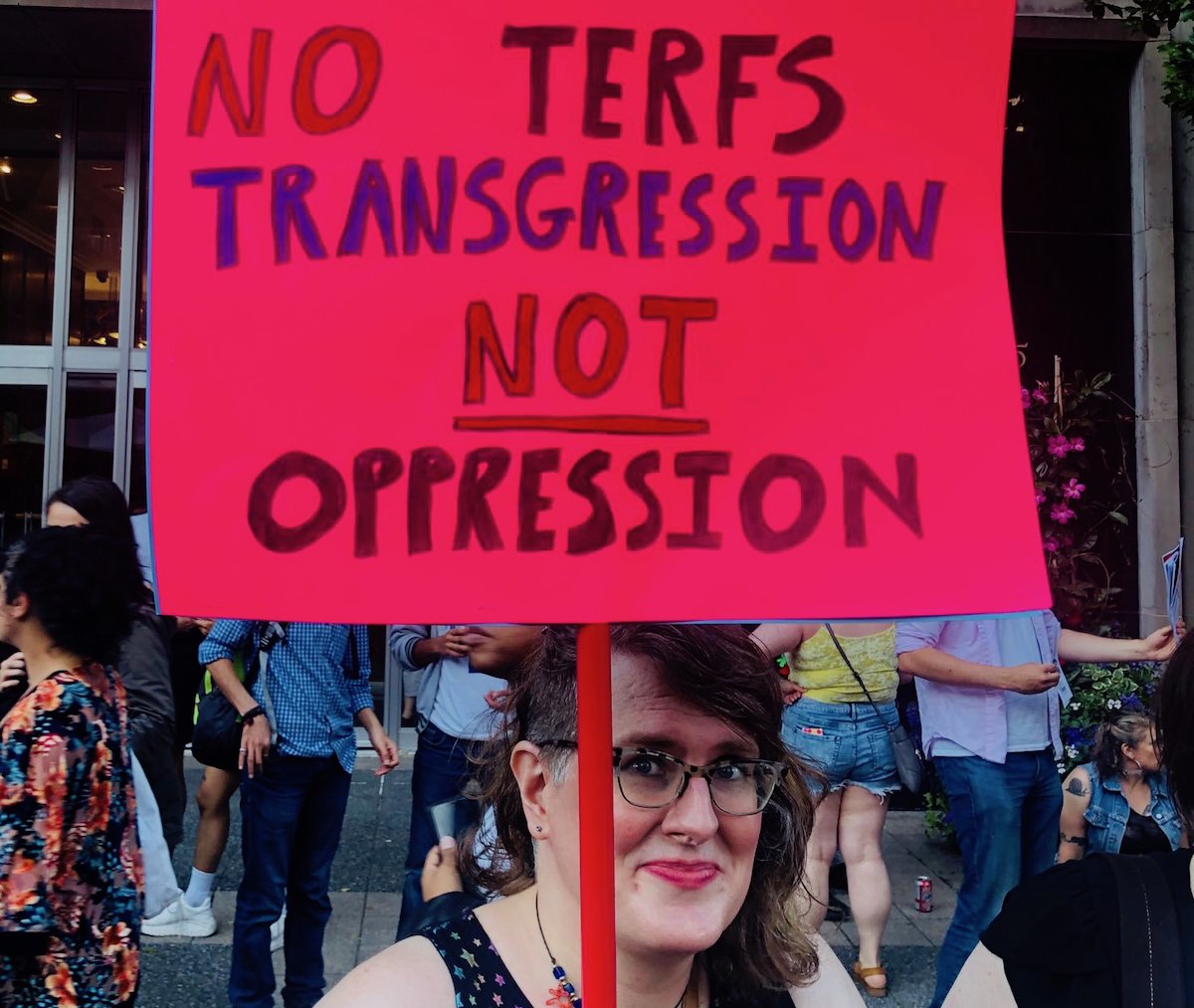Higher Education
An Uproar Over Facts
Canadian experts reported accurate information about ‘gender-affirming’ therapies. Naturally, everyone is furious.

In a recently published essay, famed British evolutionary biologist Richard Dawkins notes the parallel between today’s pseudoscience regarding gender, and 1940s-era Soviet pseudoscience regarding genetics. In our own era, activists demand that we reject scientific principles of biological sex insofar as they prevent men from announcing themselves as women. In the USSR, similarly, Joseph Stalin’s scientists were instructed to reject principles of biological inheritance that contradicted the communist dream of remaking the natural kingdom (humans included) according to Marxist-Leninist dogma.
The scale of the damage wrought by these two movements is vastly different, of course. (Stalin’s junk science—championed by a crackpot autodidact named Trofim Lysenko—resulted in disastrous agriculture policies and widespread famine that killed millions.) But the overall pattern of ideologically programmed delusion is the same: Where scientific reality and fantasy are in conflict, it is the science that must be sacrificed, not the fantasy.
In a contribution to a new collection of essays on the misuses of science, Dawkins details the fate of Soviet scientists who initially resisted Lysenko’s program. They were publicly denounced at an infamous 1948 session of the Lenin All-Union Academy of Agricultural Sciences, where Lysenko and others railed against “reactionary” (which is to say, ideologically non-compliant) theories of biology. In keeping with the strange Soviet practice of categorising dissident ideologies with lengthy hyphenations (the “Zinoviev-Kamenev deviationists,” etc.), the preferred communist slur for heretics in the field of genetics was “Mendelist-Morganist-Weissmanist” (a term referencing legendary scientists Gregor Mendel, Thomas Hunt Morgan, and August Weismann)—roughly analogous to “TERF” in the idiom of modern gender ideology.

Many principled Soviet scientists committed suicide or were imprisoned during this period. Others tried to save themselves by staging pitiful public spectacles of confession in which they disavowed their heresies. Dawkins quotes from one such confession:
When I leave this session, the first thing I must do is to review… my entire earlier activity. I call upon my comrades to do likewise… From tomorrow on, I shall not only myself, in all my scientific activity, try to emancipate myself from the old reactionary Weismann-Morganian views, but shall try to reform and convince all my pupils and comrades.
Needless to say, no one believes in Lysenkoism anymore. But its modern gender analogue, which had its heyday in the mid-to-late 2010s, remains a powerful pseudoscientific influence in progressive academic enclaves. In 2020, evolutionary biologist-turned-writer Colin Wright, then an editor at Quillette, described his own experience as a neo-Mendelist-Morganist-Weissmanist at Penn State University (PSU), where he’d been engaged as a postdoctoral researcher, after he’d co-published a Wall Street Journal article entitled The Dangerous Denial of Sex with Emma Hilton:
Even more than other pieces I’d bylined, this one unleashed a tidal wave of online hate—perhaps because we’d pricked the precious conceit that gender ideology saves children instead of harming them. Several Penn State professors publicly denounced the essay as transphobic. Students and faculty complained to my department’s diversity committee that I’d launched “a personal attack on individuals with non-binary gender identity,” and that my presence at PSU “made them feel less comfortable.”
A Canadian version of this farce has recently been playing out at McMaster University in Hamilton, Ontario. (It’s a school that Quillette readers may remember for the social panic that tore through its campus in 2020, when McMaster’s president, David Farrar, publicly promoted bizarre claims about a fictional sex ring that was supposedly being run out of his school’s psychology department). Except that in this instance, the impugned heretics aren’t just rank-and-file graduate students. Rather, they include established researchers—led by none other than Gordon Guyatt, a Distinguished University Professor, internationally renowned for his leadership in the field known as evidence-based medicine—a discipline he personally pioneered in the 1990s.
From 2021 to early 2025, Guyatt and his research collaborators systematically reviewed the evidence as to whether various “gender-affirming” interventions actually deliver psychological, psychiatric, or physical benefits to gender-distressed children and youth; and whether such benefits outweigh the attendant risks. It’s a classic application of the evidence-based methodology that Guyatt has championed for decades. Spoiler alert: As anyone who’s followed this issue in recent years might have predicted, Guyatt’s team, led by McMaster Health Research Methods, Evidence, and Impact scholar Romina Brignardello-Petersen, found that the available medical evidence supporting transition therapies is generally of low quality.






